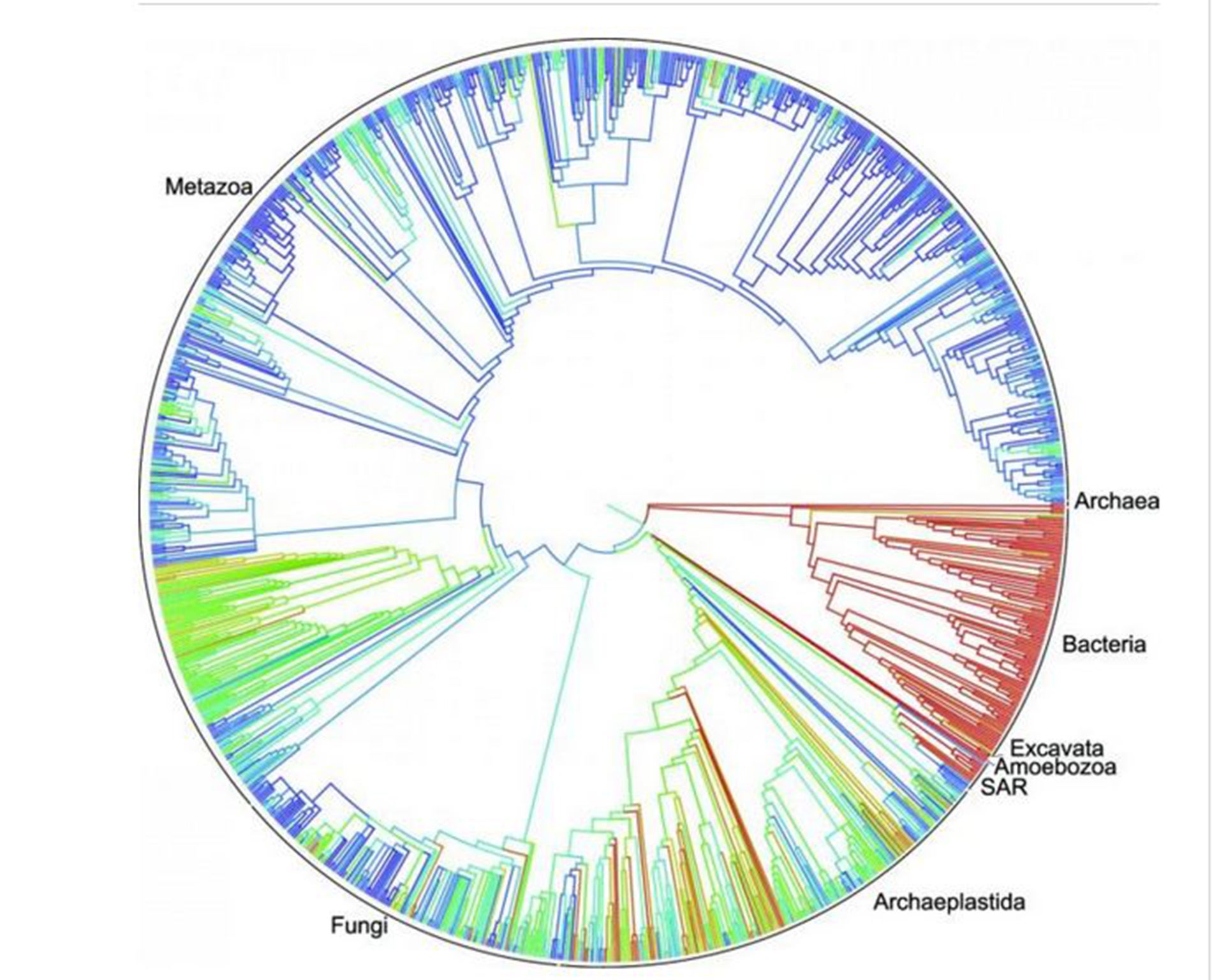Scientists release 'complete' tree of life which shows how 2.3 million species are related
Researchers have open-sourced the model, making it free to download online

Your support helps us to tell the story
From reproductive rights to climate change to Big Tech, The Independent is on the ground when the story is developing. Whether it's investigating the financials of Elon Musk's pro-Trump PAC or producing our latest documentary, 'The A Word', which shines a light on the American women fighting for reproductive rights, we know how important it is to parse out the facts from the messaging.
At such a critical moment in US history, we need reporters on the ground. Your donation allows us to keep sending journalists to speak to both sides of the story.
The Independent is trusted by Americans across the entire political spectrum. And unlike many other quality news outlets, we choose not to lock Americans out of our reporting and analysis with paywalls. We believe quality journalism should be available to everyone, paid for by those who can afford it.
Your support makes all the difference.Scientists have released a new version of the tree of life, showing everything we know about how the living things of Earth are related to one another. With 2.3 million species and counting, it's the most complete model of its kind - but there's a lot more work to do.
Everything that lives or ever lived on Earth is somehow related to everything else. But figuring out just how all those critters and plants and pond scums fit together has posed a bit of a challenge. There are a lot of Earthlings, after all, and with around 15,000 species discovered each year, our family tree keeps getting bigger and more complicated all the time.
That's why the researchers, who reported their new tree on 18 September in the Proceedings of the National Academy of Sciences, have open-sourced the model, making it free to download online. This is simply version 1.0, and they're going to need help with revisions.
The first draft combined around 500 existing trees to come close to true completion. But close is a relative term here.
One popular study estimated a staggering 8.7 millions of species on Earth today, let alone in the planet's entire history. There are a lot of gaps we've yet to fill in. And the relationships between different species aren't always easy to pin down, so some are controversial or just totally mysterious.
"As important as showing what we do know about relationships, this first tree of life is also important in revealing what we don't know," co-author Douglas Soltis of the University of Florida said in a statement.
The researchers hope that other scientists will help finish the job by uploading their own data.
Copyright: Washington Post
Join our commenting forum
Join thought-provoking conversations, follow other Independent readers and see their replies
Comments